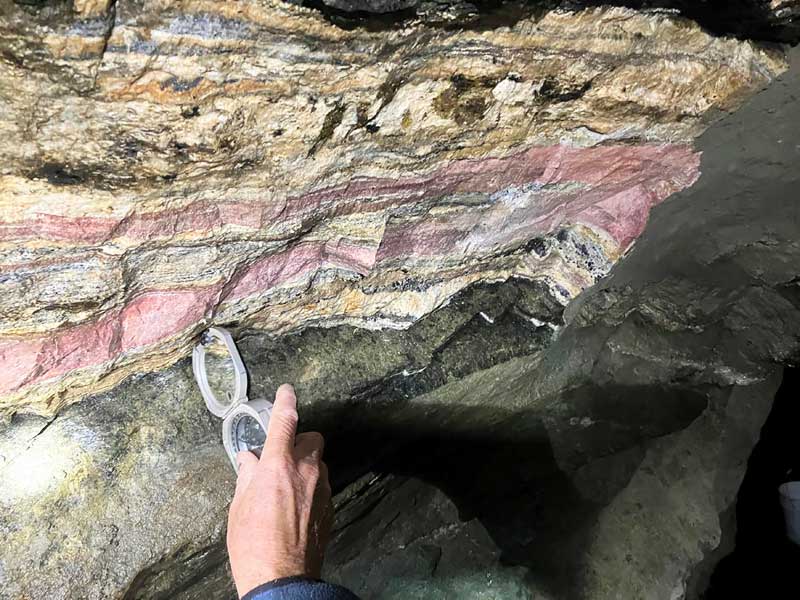Salt Lake City-based U.S. Critical Materials Corp. and Idaho National Laboratory (INL) have entered into a cooperative research and development agreement (CRADA) to establish a pilot-scale processing plant capable of producing rare earths domestically.
“U.S. Critical Materials Corp. and Idaho National Laboratory are taking decisive action to secure America’s access to critical minerals and rare earth elements (REEs) — resources essential to the nation’s defense, energy independence and technological leadership,” said a U.S. Critical Materials press release. “This initiative aligns with Pres. Donald J. Trump’s March 20, 2025, executive order declaring a national emergency over America’s reliance on foreign adversaries for these strategic materials.”
According to the release, for decades, the United States has been dangerously dependent on China for rare earth supply chains. China controls the mining, processing and refining of these essential elements, posing a direct threat to U.S. national security. Rare earths are integral to advanced military systems, including fighter jets, missile guidance systems, radar and electronic warfare capabilities.
According to the CRADA, the joint-venture facility will process high-grade ore from U.S. Critical Materials’ Sheep Creek deposit in Montana, which holds critical minerals and rare earths, including neodymium, praseodymium, niobium, strontium, samarium, scandium and heavy rare earths such as gadolinium, terbium, dysprosium and yttrium. Sheep Creek also contains high-grade gallium, which will be one of the first minerals to be processed because of its importance for national security applications.
INL, located near Idaho Falls, is globally recognized for its expertise in advanced separation science and engineering for the nuclear energy industry and serves as the U.S. Department of Energy’s primary separation sciences research and development test lab. U.S. Critical Materials said INL scientists will contribute technical expertise to ensure the pilot plant integrates cutting-edge, environmentally responsible refining processes that can be scaled to full production.
The pilot plant project will have the capacity to process one to two tons of ore per day, based on plant scale project flow sheets. The main object of the project is to demonstrate innovative mineral processing and separation technologies with a goal of establishing intellectual property and full-scale domestic production capabilities for critical materials.
“There is no more pressing national security issue than securing America’s supply of rare earths and critical minerals,” said Jim Hedrick, president of U.S. Critical Materials and former U.S. Geological Survey rare earths commodity specialist. “These materials are the backbone of our military, energy and technological dominance. This pilot plant will accelerate the development of next-generation separation and refining methods to ensure America no longer relies on foreign adversaries for resources essential to national defense.”
U.S. Critical Materials Corp. is a privately held rare earth exploration and process development company with substantial mineral holdings in Montana and Idaho.








